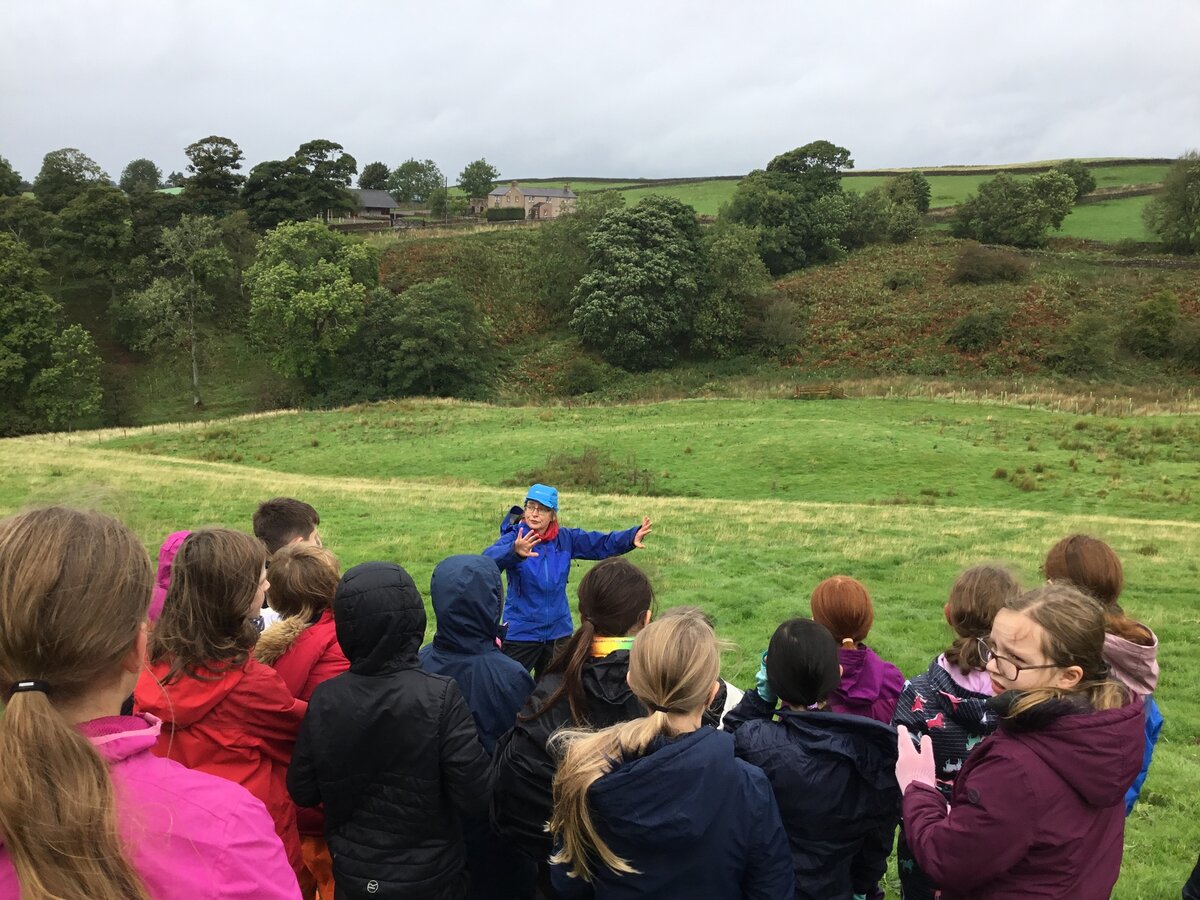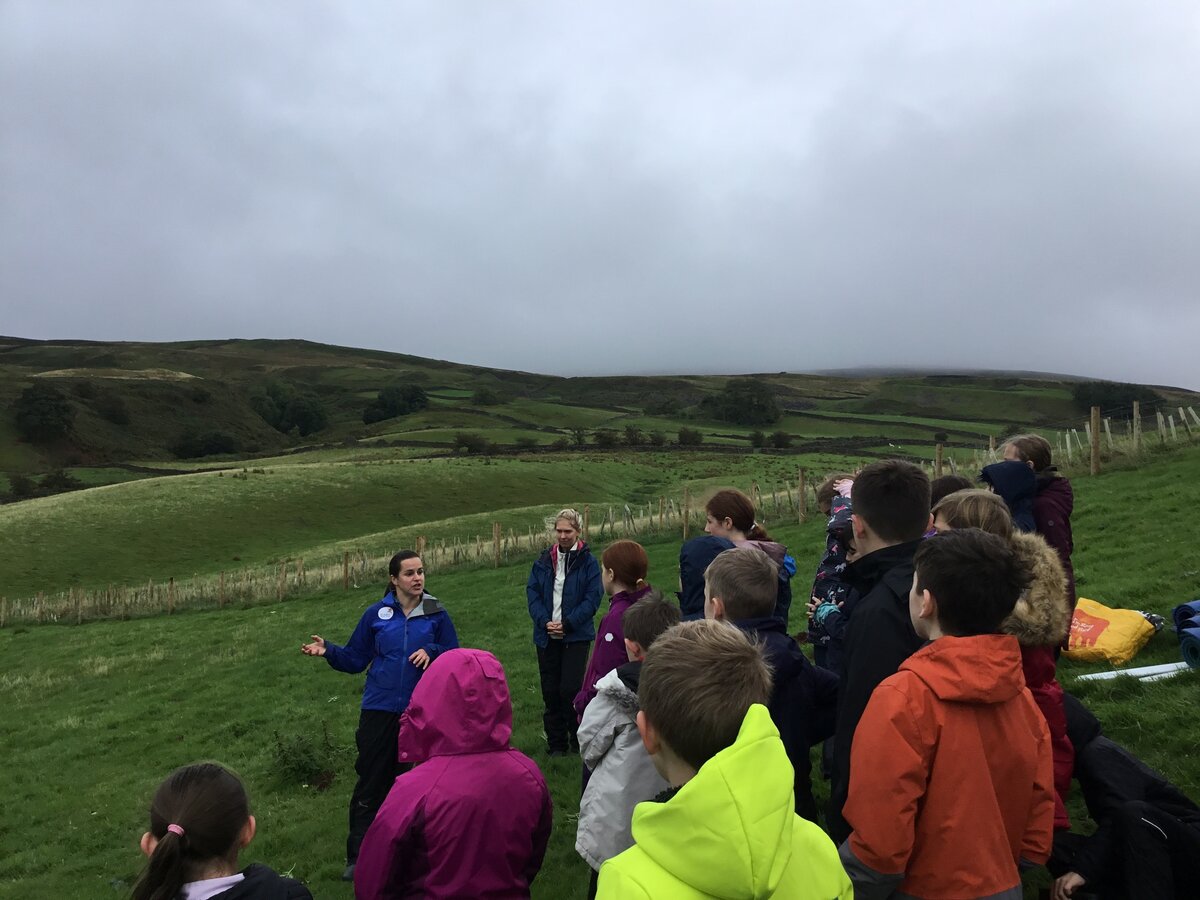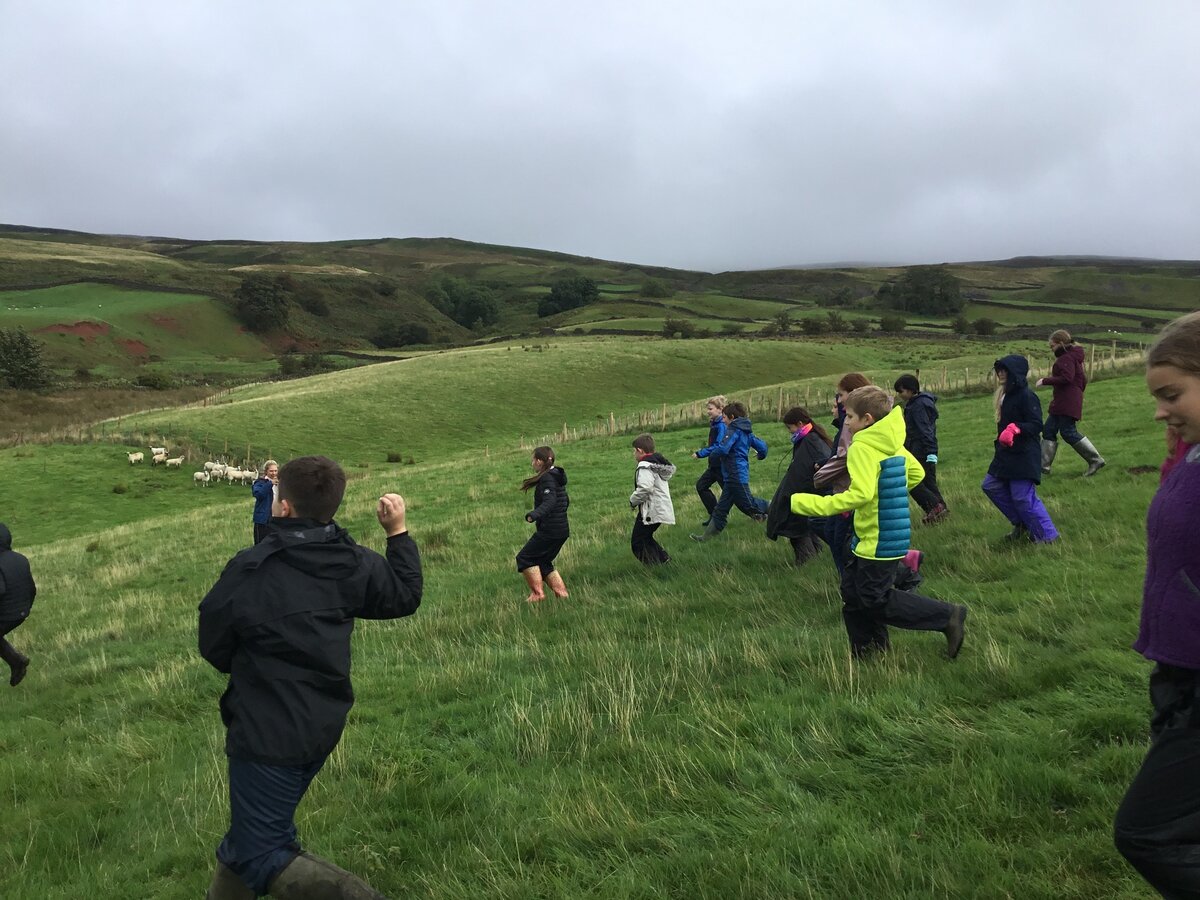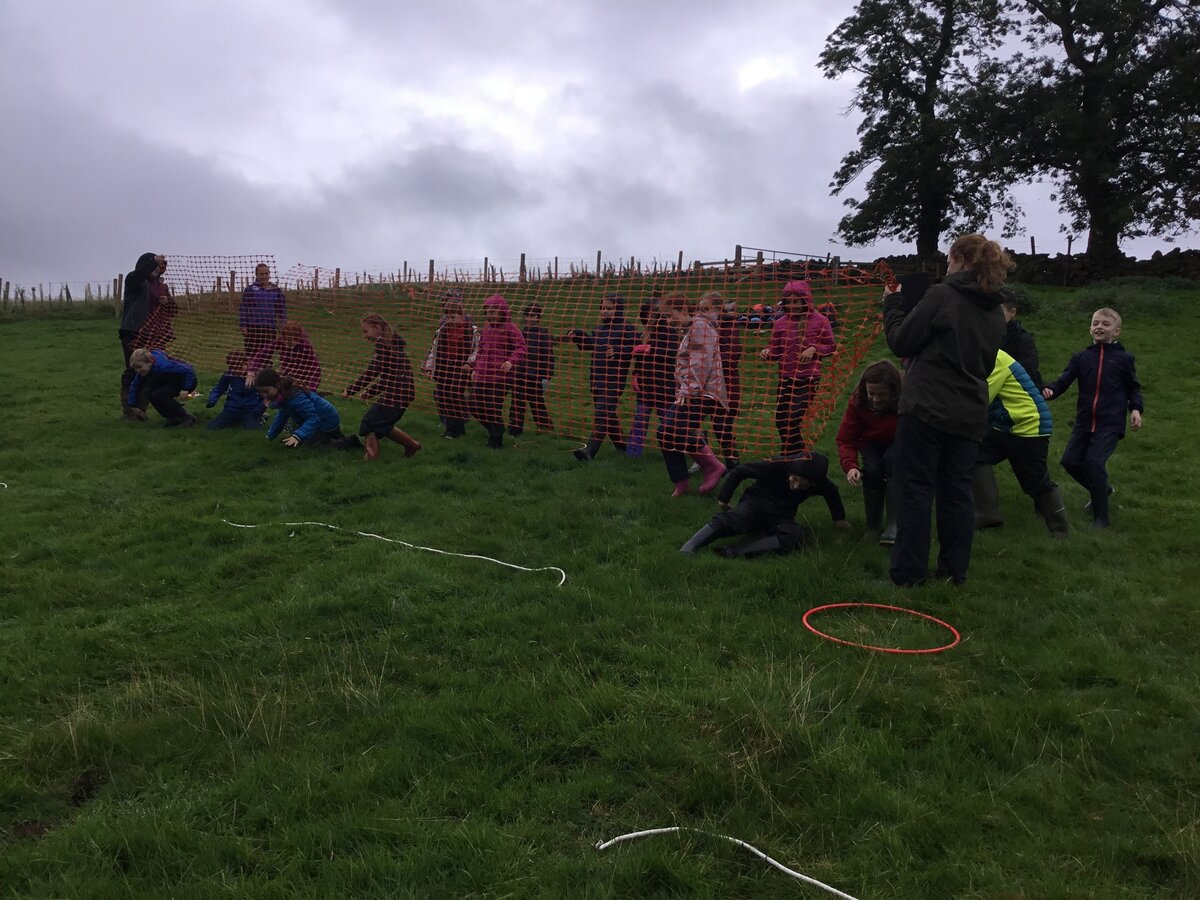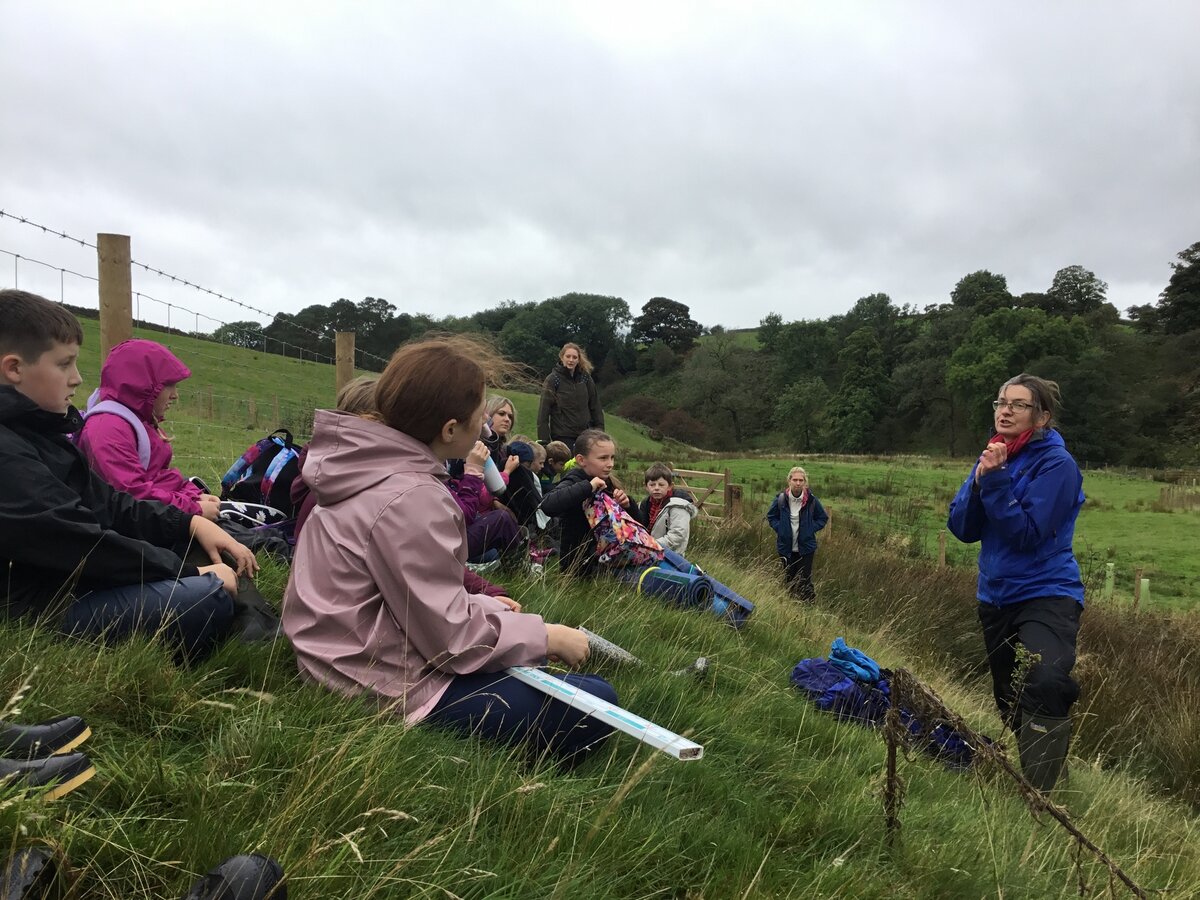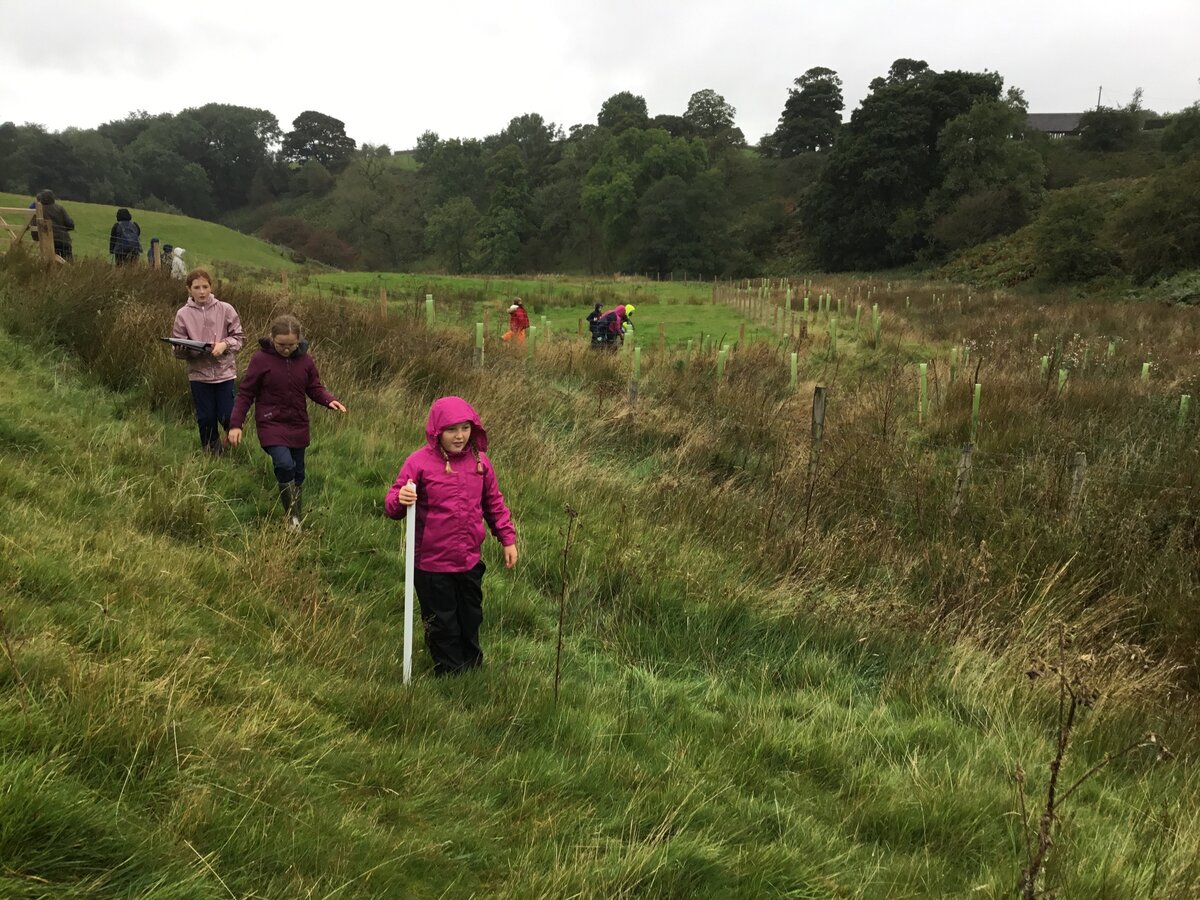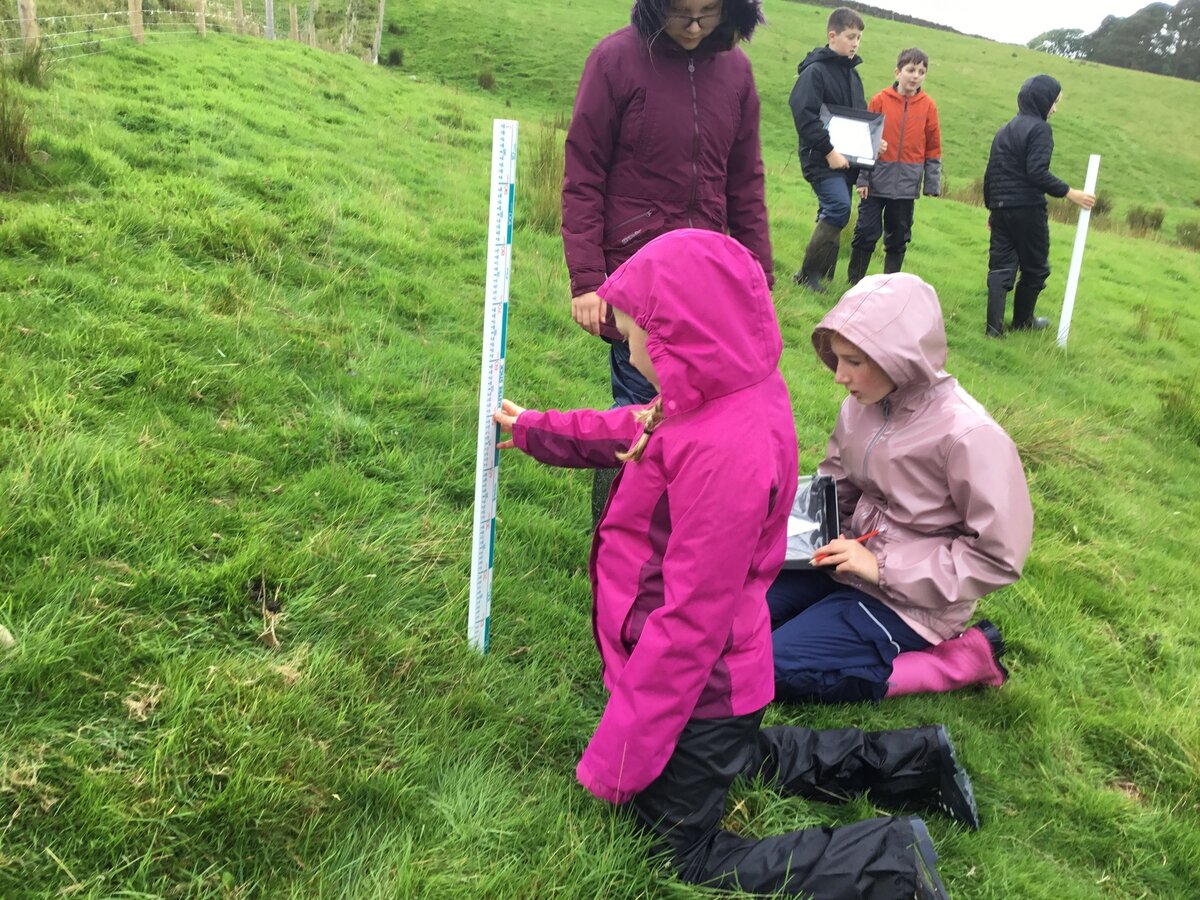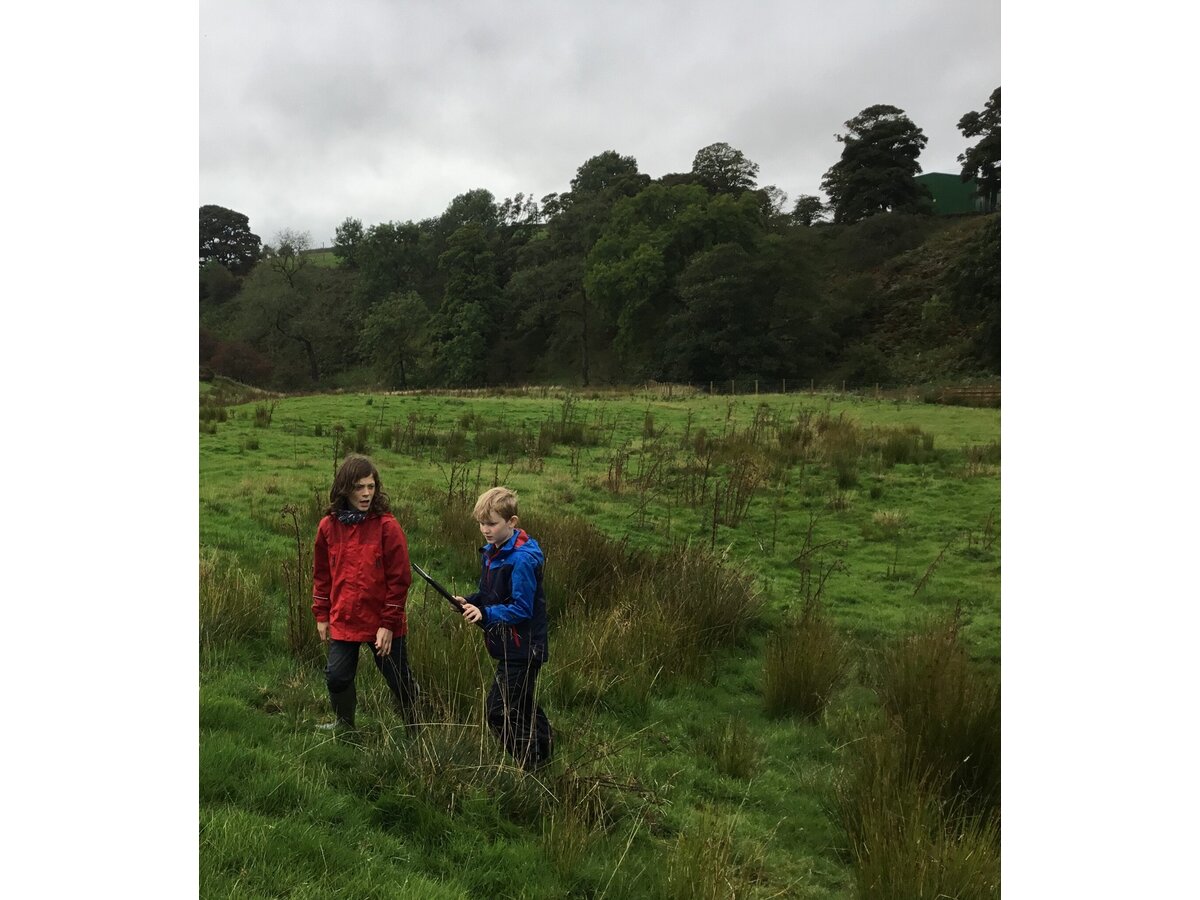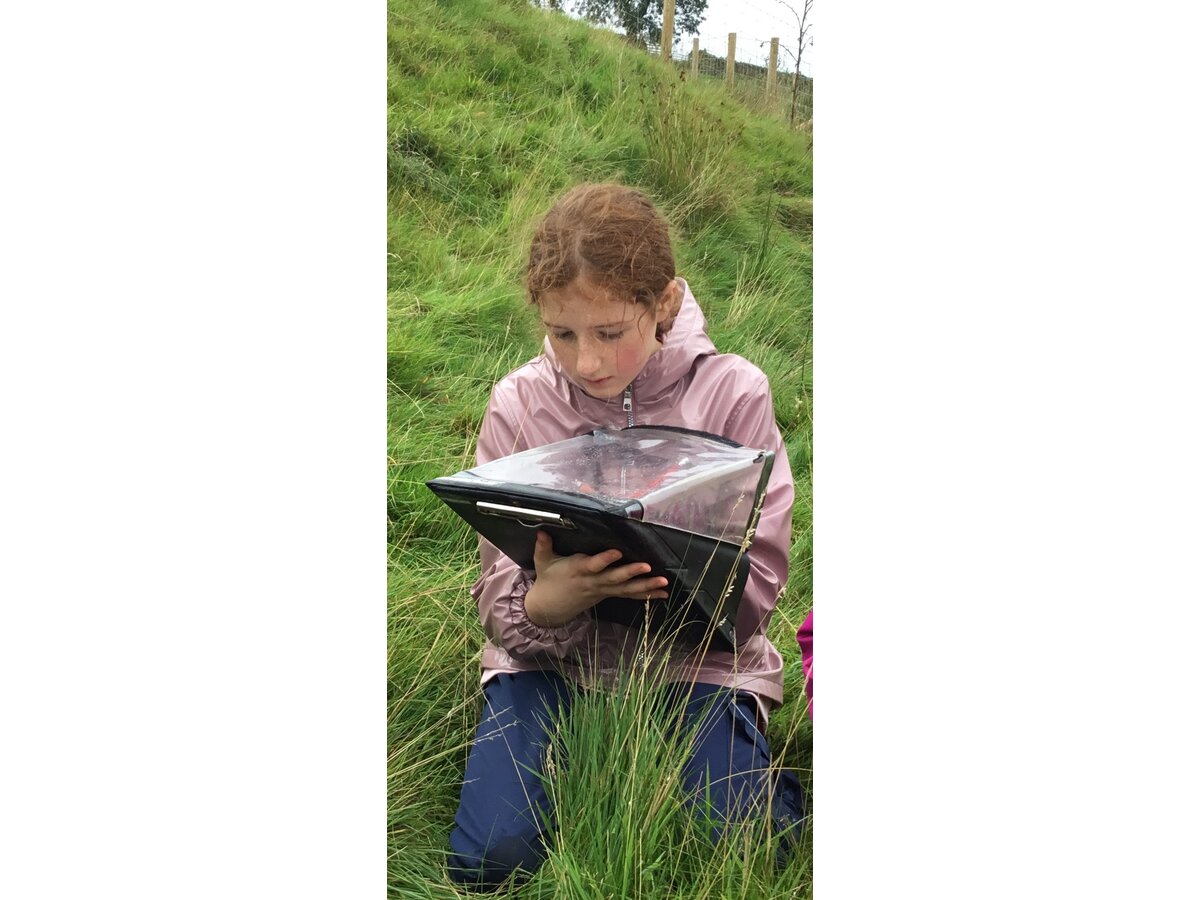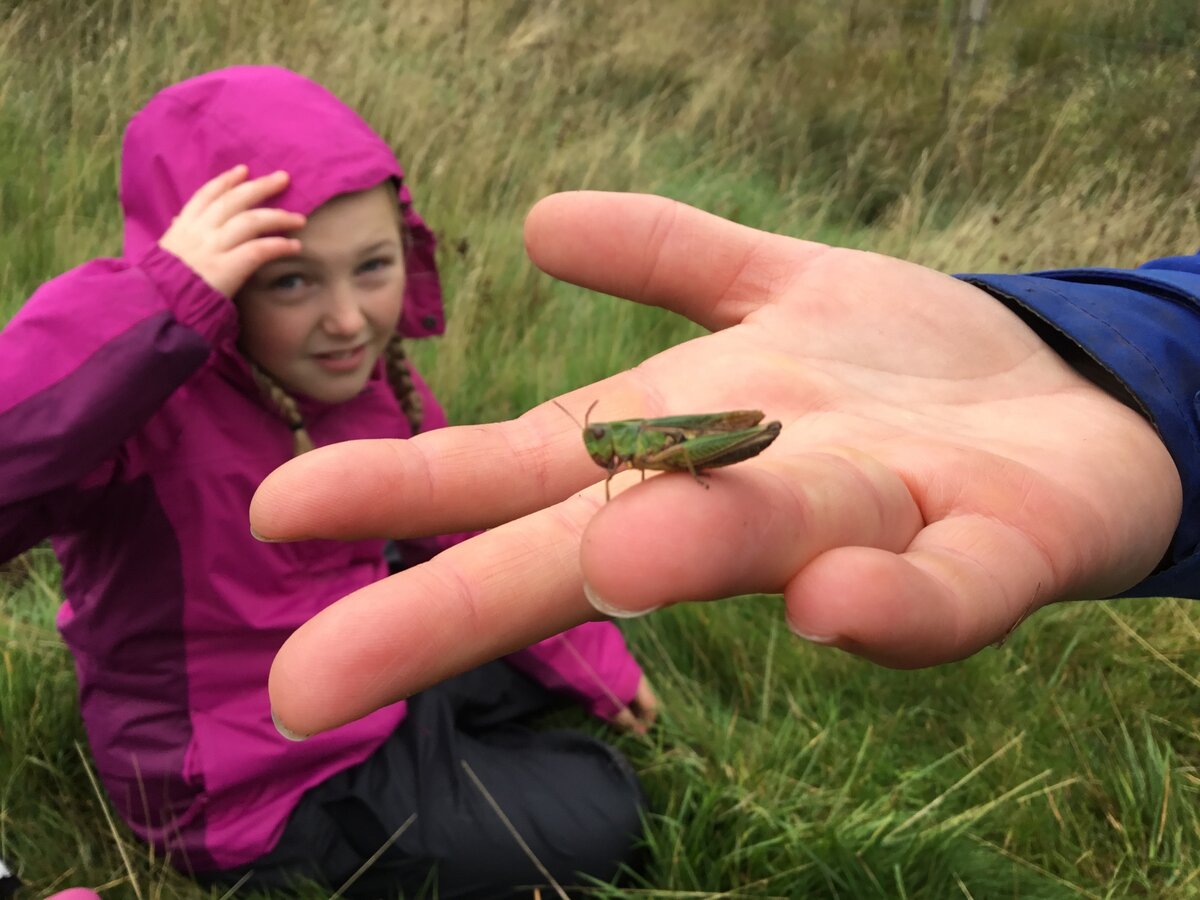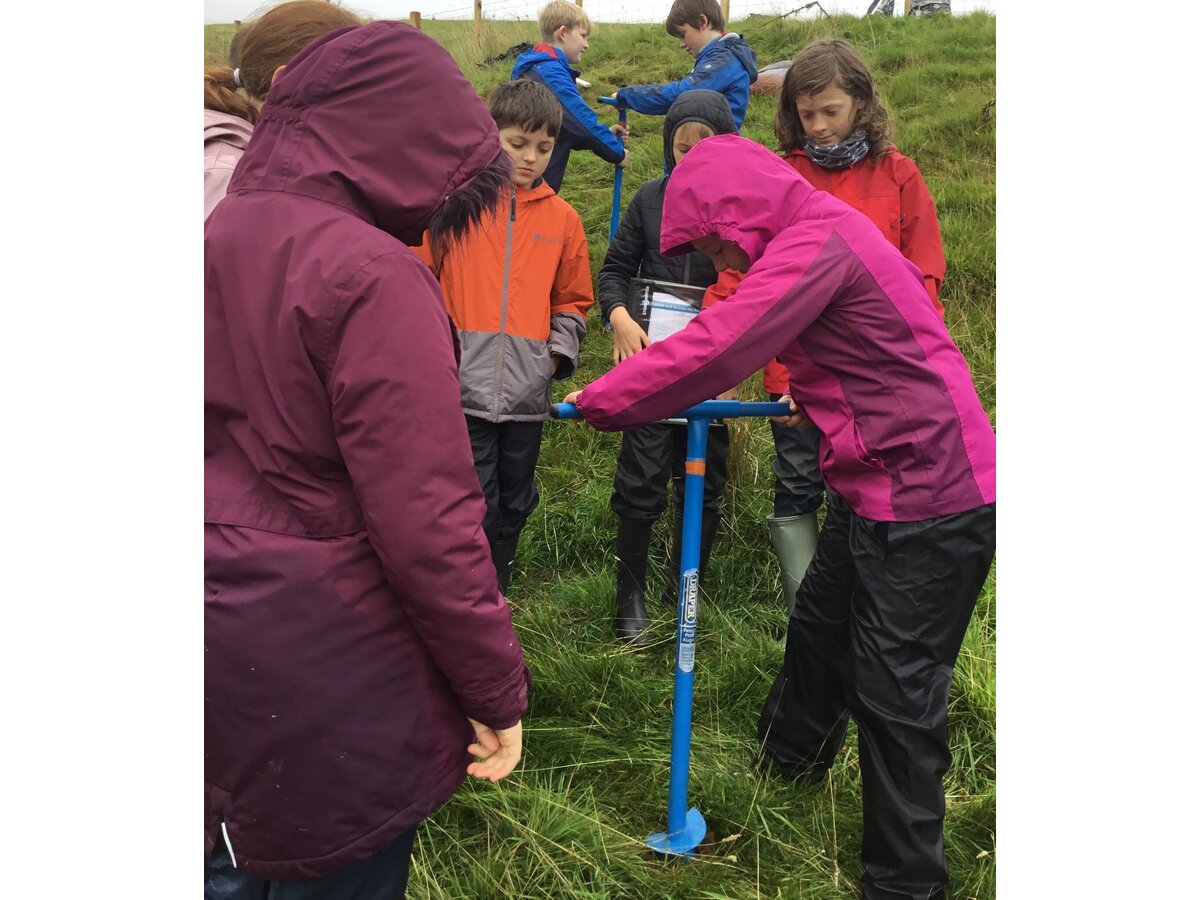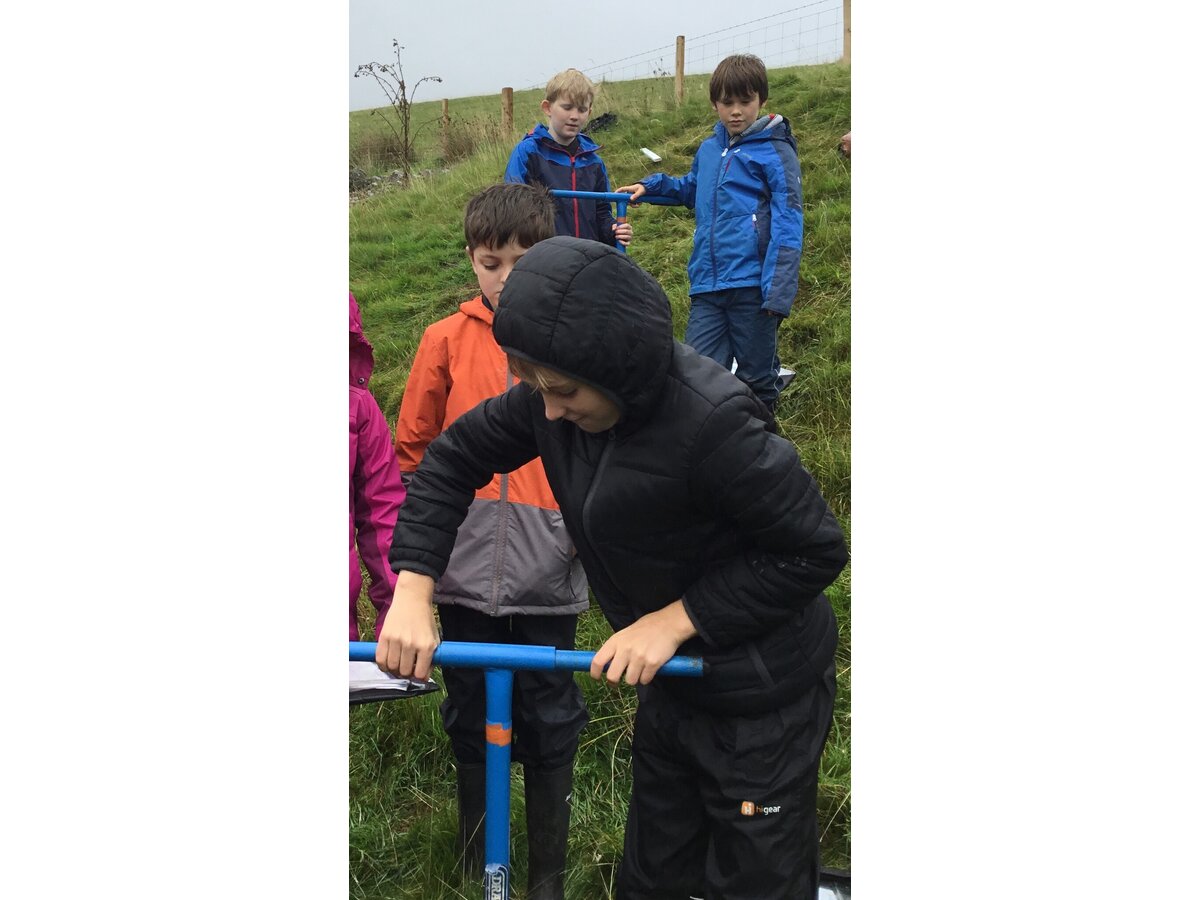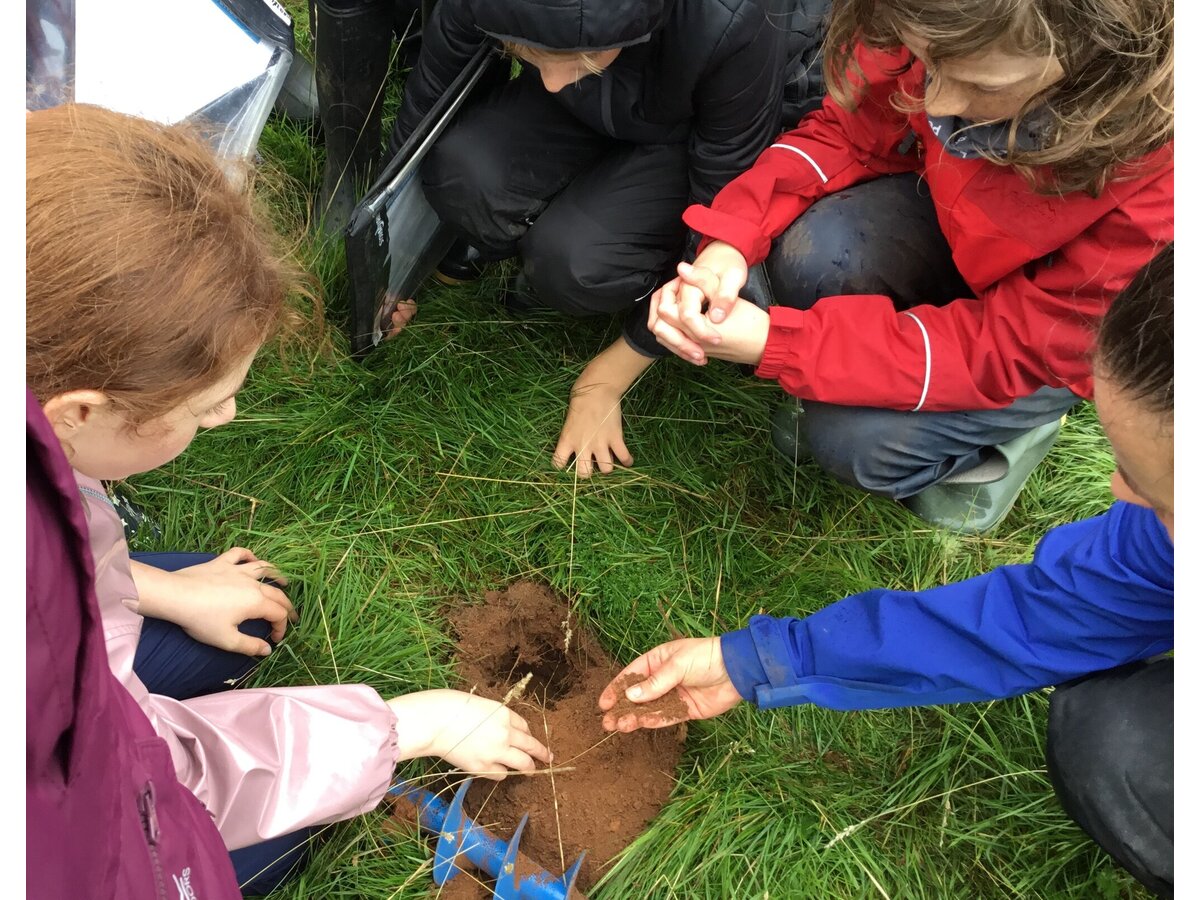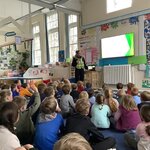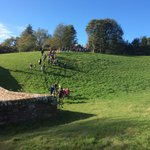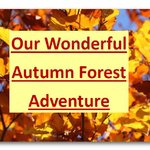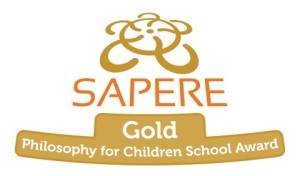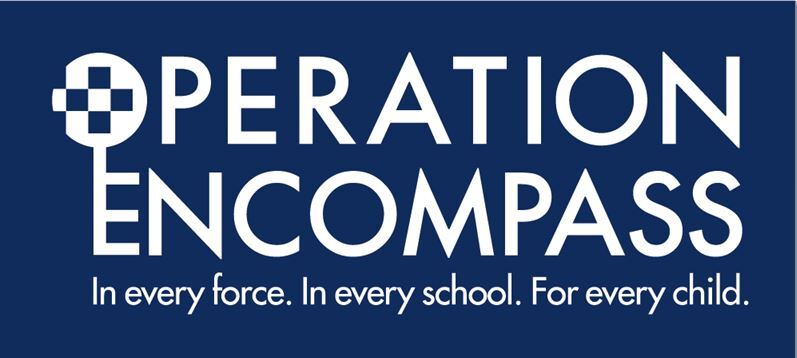The geography curriculum is designed to inspire curiosity and fascination about the world and its people. Pupils study human and physical aspects of geography and develop their knowledge and understanding of diverse places, people, resources and environments. Strong links are made across curriculum areas, for example to English and science, and to current world event along with links to Rights of the Child and Global Goals. Forest School is a key element of geography in years’ reception and one and allows students to develop a relationship with their environment over an extended period of time and to make observations and connections of and with it. Students are actively encouraged to develop and follow their own questions and lines of enquiry with students able to use and apply their geographical skills and knowledge increasingly independently.
Spring Term 2022
Early Years, Year 1 and 2
Hot and Cold Places
This term we will observe and record the weather in our area. We will also use maps, atlases, globes and digital mapping to name the world’s seven continents and identify hot and cold areas in the world in relation to the equator and the North and South poles. We will have the opportunity to identify and discuss geographical similarities and differences be-tween two parts of the world considering homes (linked in to D.T. and science); what you would need to take on a trip there; what it may look like; and what animals you may find there. There will be opportunities to use P4C enquiries to support our understanding of ‘place’ within this topic as well as exploring the Sustainable Development Goals 6. Clean Water and Sanitation, 15. Life on Land and 11. Sustainable Cities and Communities.
Key vocabulary for this focus:-
North Pole, South Pole, hot, rainforest, savannah, dry, hot desert, shelter, Arctic, Antarctic, Antarctica, ice, snow, hibernate, Equator, sun, wet, grassland, heat, iceberg, tundra, blubber, cold, adapt , temperature, climate, weather, polar, tropical, thrive, adapted, Northern Hemisphere, Southern Hemisphere.
Year 3 and 4
Exploring Shackleton’s Antarctica
During this unit we will develop an enquiry on the Polar region of Antarctica focusing on Shackleton’s 1914-17 Endurance Expedition. We will be using our geographical skills and an enquiry approach to harness fascination and curiosity and fascination about this significant remote landscape and extreme environment. We will engage with the geographical skills of developing knowledge within a context and defining the physical and human characteristics and processes of a locality. There will be opportunities to progress with atlas skills, interpret a range of geographical information and to communicate findings. Links will be made to Sustainable Development Goals, 14. Life Below Water, 13. Climate Action.
Key vocabulary for this focus:-
Antarctic Circle, Latitude, Longitude, Antarctic, expedition, polar region, fauna, depot, rations, compass, blizzard, gale, glacier, pack ice, Weddell Sea, climate, weather, iceberg, explorer, expedition, ablation, arid, aurora, Beaufort scale, crevasse, ecosystem,
Year 5 and 6
Brazil
This term we will be focussing on the diverse and unique culture of Brazil. Throughout the unit we will be comparing the geography of Brazil to that of the UK. We will begin by studying the human and physical features of Brazil before placing Brazil in the wider context of the world in South America. We will investigate the many differences between urban and rural Brazil and case study the lives of people living within Rio de Janeiro. Throughout this topic, we will consider, The Global Goals for Sustainable Development as well as the United Nations Convention on the Rights of the Child.
Key vocabulary for this focus:-
Southern Hemisphere, Northern Hemisphere, population, Amazon, Pico da Neblina, climate, weather, tropical, arid, axis, urban, rural, migration, urbanisation, counter-urbanisation, economic inequality, Zona Norte, Zona Sul, ‘poverty line’, ‘favelas’, indigenous, deforestation.
Autumn Term 2021
Year 5 and 6
Fantastic forests
Our focus this term is comparison of native British forests and rainforests of South America. Using maps, atlases, globes and digital/computer mapping we will locate countries and vegetation belts around the world and identify the position and significance of latitude, longitude and the Equator. There will be opportunities to use fieldwork to observe, measure, record and present the human and physical features in the local area through sketch maps, graphs and digital technologies. This work will link with the Global Goals which we will use as a starting point to allow us to explore and study the threats that our forests face globally.
Eden Valley Adventures
In the Autumn term, we were lucky enough to spend a day working and learning with scientists and conservationists from the Eden Rivers Trust. We visited a hill farm at Croglin to learn about flood prevention and conservation work that has been taking place there. In the afternoon, we visited the River Eden at Lazonby to carry out some kick sampling and have a closer look at what lives in our river. We had a fantastic day and learned so much about our river and its catchment.
Spring Term 2020
YR&1: This term we will be looking at what maps are, how to make them and the different ways they are used. We will be making story maps, maps of part of our school and a map of Armathwaite.
Y2&3: This term we will be finding out about weather. What weather is, how it affects us and how it is different at different times and in different places.We will also be looking at some examples of extreme weather and recording the weather here where we live. This will include links to the Global Goals (Climate Action) and Articles 12 and 13 from Rights of the Child (the right to have a say in all matters affecting them and the right for access to information and freedom of speech).
Y4,5&6: This term we are looking at extremes of weather and how weather and climate relate to each other. We will be finding out about extreme weather events from the past and carrying out our own research into extreme weather events from around the world. This will include links to the Global Goals (Climate Action) and Articles 12 and 13 from Rights of the Child (the right to have a say in all matters affecting them and the right for access to information and freedom of speech).
You can see the National Curriculum Geography Programmes of study by clicking on the link below
.png)
